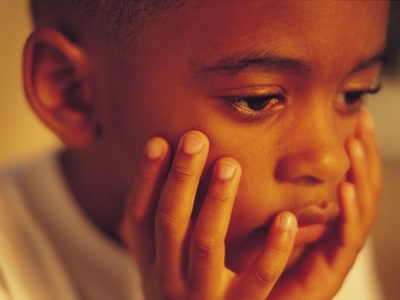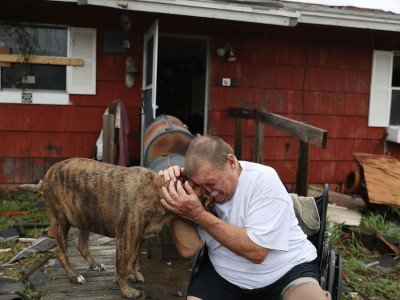This week is National Stop the Bullying Week, read more to learn about the BCG Cause of the Day- Bullying!
Bullying is a widespread and serious problem that can happen anywhere. It is not a phase children have to go through, it is not “just messing around”, and it is not something to grow out of. Bullying can cause serious and lasting harm.
Although definitions of bullying vary, most agree that bullying involves:
* Imbalance of Power: people who bully use their power to control or harm and the people being bullied may have a hard time defending themselves
* Intent to Cause Harm: actions done by accident are not bullying; the person bullying has a goal to cause harm
* Repetition: incidents of bullying happen to the same the person over and over by the same person or group
Types of Bullying
Bullying can take many forms. Examples include:
* Verbal: name-calling, teasing
* Social:spreading rumors, leaving people out on purpose, breaking up friendships
* Physical: hitting, punching, shoving
* Cyberbullying: using the Internet, mobile phones or other digital technologies to harm others
An act of bullying may fit into more than one of these groups.
There are many warning signs that could indicate that someone is involved in bullying, either by bullying others or by being bullied. However, these warning signs may indicate other issues or problems, as well. If you are a parent or educator, learn more about talking to someone about bullying.
Being Bullied
* Comes home with damaged or missing clothing or other belongings
* Reports losing items such as books, electronics, clothing, or jewelry
* Has unexplained injuries
* Complains frequently of headaches, stomachaches, or feeling sick
* Has trouble sleeping or has frequent bad dreams
* Has changes in eating habits
* Hurts themselves
* Are very hungry after school from not eating their lunch
* Runs away from home
* Loses interest in visiting or talking with friends
* Is afraid of going to school or other activities with peers
* Loses interest in school work or begins to do poorly in school
* Appears sad, moody, angry, anxious or depressed when they come home
* Talks about suicide
* Feels helpless
* Often feels like they are not good enough
* Blames themselves for their problems
* Suddenly has fewer friends
* Avoids certain places
* Acts differently than usual
Bullying Others
* Becomes violent with others
* Gets into physical or verbal fights with others
* Gets sent to the principal’s office or detention a lot
* Has extra money or new belongings that cannot be explained
* Is quick to blame others
* Will not accept responsibility for their actions
* Has friends who bully others
* Needs to win or be best at everything
What Can You Do?
If you are a parent or guardian, talk to the school administration or the adult that supervises your child’s community activities.
Someone is at immediate risk of harm because of bullying – Call 911!
Your child is feeling suicidal because of bullying – Contact the suicide prevention hotline at 1-800-273-TALK (8255).
Source: http://www.stopbullying.gov.
For more information on this cause visit: http://www.stopbullying.gov.





